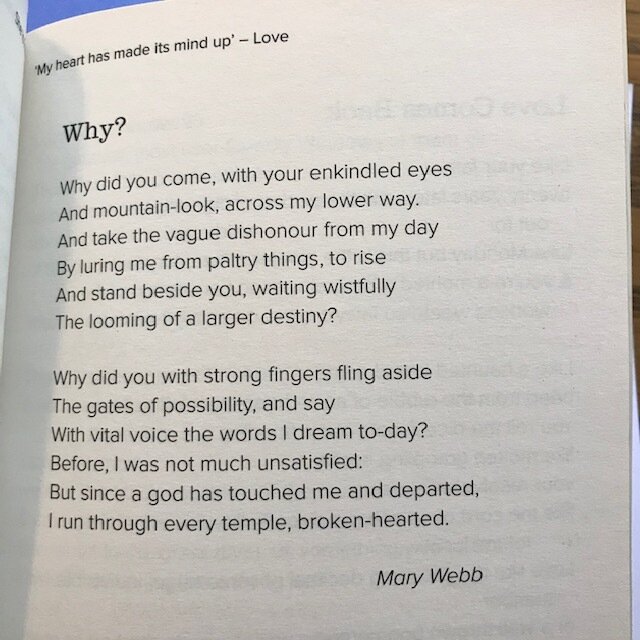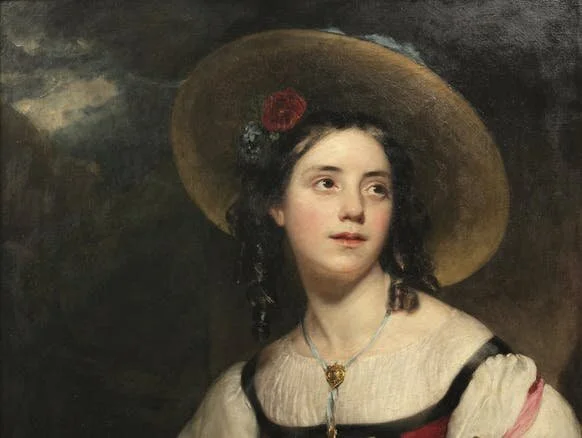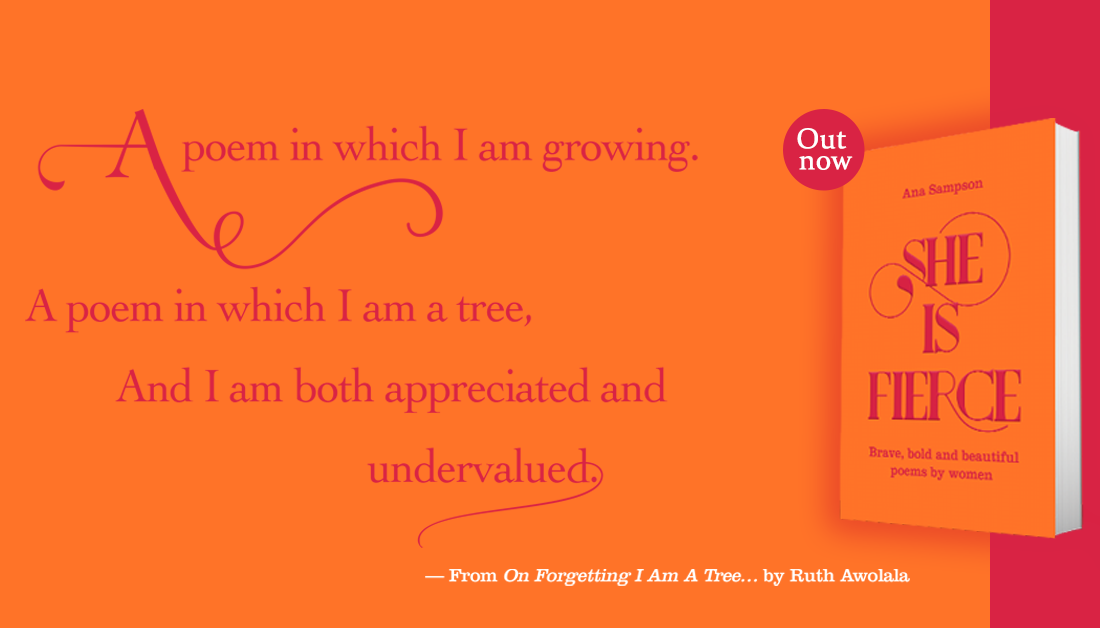World War Two Reading Recommendations
Revisiting my blog about ‘Strange Meeting’ led me to thinking about how books and poetry have brought war to life for me in a way that studying history never could, so I thought I’d gather some of my recommendations for books set during World War II. I have my eye on The Night Watch by Sarah Waters, because I love her books but have somehow never read that one, but let me know if there are other books set in the period I should look out for.
Testament by Kim Sherwood
I was lucky enough to work on the publicity for this astonishing debut novel, which won Kim the Bath Novel Prize and saw her shortlisted for the Sunday Times Young Writer of the Year. After her beloved grandfather’s death, Eva uncovers his hidden history as a survivor of the Holocaust in Hungary. It’s tender, beautifully written, humane, absorbing and deeply important. There’s a country we can almost recognise that welcomed child survivors of the Nazi camps to the Lake District to heal, and I will read everything Kim writes forever.
Life After Life by Kate Atkinson
Not exclusively set during World War Two, but partly so, and this is one of my favourite books of all time. I could also include the sequel A God in Ruins - though it was a little plane-heavy for me - here. It’s an exquisite novel in which a baby born in a snowstorm in 1910 has the chance to live through the twentieth century again and again - a conceit Atkinson pulls off with dazzling dexterity. An unmissable book.
Transcription by Kate Atkinson
So good I include her two and a half times! Transcription is witty and knowing and rattles along at a brilliant pace, all cigarette smoke and paranoia and lacklustre sandwiches in 1940s London. This tale of covert MI5 operations flicks between Dolphin Square and the shabby corridors of the post-war BBC. The bewildering, half-farcical web of agents all over London is entertainingly sketched - the loyalties and motivations of most of the characters (and half the passers by) are questionable at best. And the language is period-perfect, all smart, clipped retorts and elegant slang.
The Nightingale by Kristin Hannah
It took me a while to warm up to this book - I found the opening a bit cheesy - but I ended up completely gripped and invested in this story of the fates of two sisters set in Occupied France during World War II. Aspects of the plot are based on real events and Hannah’s depiction of the horrors of war is shocking and haunting. I enjoyed it far more than The Alice Network, also set in Occupied France - partly because I am British and of a certain vintage and therefore couldn’t take an evil cafe owner called Rene seriously. (I bid Good Moaning to everyone who got this reference.)
The Lion, the Witch and the Wardrobe by C S Lewis
I’m stretching a point here as obviously most of the action takes place in Narnia, but the war casts a long shadow over this book, published in 1950. As a child, I didn’t spare a thought for the parents in London whose children, like the Pevensies, were evacuated to the countryside to stay in the homes of strangers - something that strikes me as unbearably poignant now.
Our Man in New York by Henry Hemming
Another book I was lucky enough to work on, this is non-fiction so gripping it reads like a novel, telling the true history of the Fake News and cunning tricks used by MI6 to bring America into the Second World War, from setting up a Canadian forgery factory to paying astrologers to protect Hitler’s death. Le Carré meets Mad Men, this book manages to increate incredible tension despite the fact we know the ending - and there are plenty of lessons for today, as questions about governments interfering in other nation’s political processes continue to be raised.
Also recommended:
Alone in Berlin by Hans Fallada - incredibly powerful story of one man’s resistance to the Nazi regime
If This Is A Man by Primo Levi - the essential, unforgettable memoir of Levi’s time in a Nazi concentration camp
Suite Française by Irène Némirovsky - an incredibly moving novel written and set in Occupied France, published after the author’s death in Auschwitz
The Book Thief by Marcus Zuzak - inventive, beautifully written and deeply affecting novel which also celebrates the redemptive power of books
Catch-22 by Joseph Heller - surreal and darkly funny, and responsible for making me think of ‘crab-apple cheeks’ every time I see a crab-apple tree
Slaughterhouse-Five by Kurt Vonnegut - powerful and strange novel with science-fiction elements about the Allied bombing of Dresden
Atonement by Ian McEwan - I love this novel, and reading it while we lived in Balham (back when Balham was much less posh) made it extra poignant
Please note that this post includes affiliate links and I may earn a small commission (at no expense to you) when you buy through these links.










































